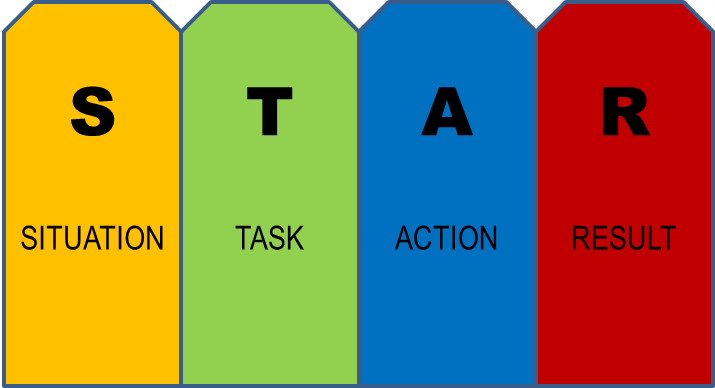I am absolutely certain that we all remember the interviews we have given during our professional journey. Have you noticed how each interview is different and leaves behind a different or new impression?
Almost all job interviews lead to anxiety, excitement, trepidation and palpitation! Age and where one is on the career ladder plays an important role in applying and preparing for a particular interview. Youth makes the young more adventurous and tempestuous in their approach. The seasoned professional on the other hand may take on a more cautious and rational approach. There are those who are willing to take risks and jump into something totally new. Then there are those who pay more attention to the brand and the pay packet. And again, there are the few who prefer to stay within their comfort zones.
Communicators and those in the field of public relations have an advantage – they know the art of narration and storytelling. Yet not all interviews are successful, are they? That is because acing a job through an interview goes far beyond storytelling. It is an opportunity for you to delve into your subconscious and work on what you really want and desire from a prospective job. This is the foundation for how you prepare for the interview and what happens during that whole interaction.
Mismatch of expectations
Ever felt that the interview just did not go the way you wanted it to? That there was a complete mismatch of expectations? This is likely to happen when the job description is either not clear and/or not well understood by the applicant. Many a times candidates skim through job descriptions and apply without really looking into the competencies or skill sets required. When called for an interview, the situation becomes awkward if they are unable to raise to the occasion and prove that their strengths are aligned with the role that is expected of them to play.
Then there is the question of chemistry. Especially the chemistry you feel with the interviewers right from the talent acquisition/HR person. Recruitment and hiring managers are quick to sniff out charades. So, to begin with, stay authentic and true to who you are as a person and as a profession.
Ask yourself what kind of a professional you aspire to be. Write down the distinctive qualities and score yourself on where you stand against each. Which are your biggest strengths? Once you have identified them, work on showcasing those competencies in your interviews. Provide real examples of situations and challenges and highlight the solutions that you offered. Do not forget to focus on the end result and impact.
Using the STAR framework in communications/crisis management
The STAR framework (Situation-Task-Action-Results) is an easy-to-use tool for candidates to position themselves during an interview process.
Here is an example from an incident with a large organisation that had to close down one of its key manufacturing plants due to revenue losses. The plant had a large workforce, and the workers union was a very strong body. All negotiations were sensitive in nature and any wrong step would backfire and create more problems for the organisation.
Task: Communications team to handle the reputation of the organisation and ensure there is no negative press in the media.
Approach:
The communications team got cracking and did the following:
- Extensive scenario planning along with HR
- Keeping media statements ready against each scenario
- Updating employees
- Ensuring ground monitoring at the manufacturing site
- Cross functional alignment with legal
- Deliberate on a roll out plan for media statement – should every media house get a press note?
Results:
- Not a single negative story appeared in the press
- The union also did not approach the press
- Conscious, planned, exclusive media roll out with just one large media house that resulted in a positive coverage, which was later picked up by other media.
By highlighting authentic examples during an interview, the candidate is able to highlight her/his strengths and successes. This is a winning proposition.
It pays to prepare in advance. Ask yourself what you aspire for. Learn and read everything about the company, the job, the interviewer. Treat every interview as a learning experience and imbibe those lessons for the next interview.
Good luck!
The views and opinions published here belong to the author and do not necessarily reflect the views and opinions of the publisher.



Be the first to comment on "Using the STAR framework in job interviews"